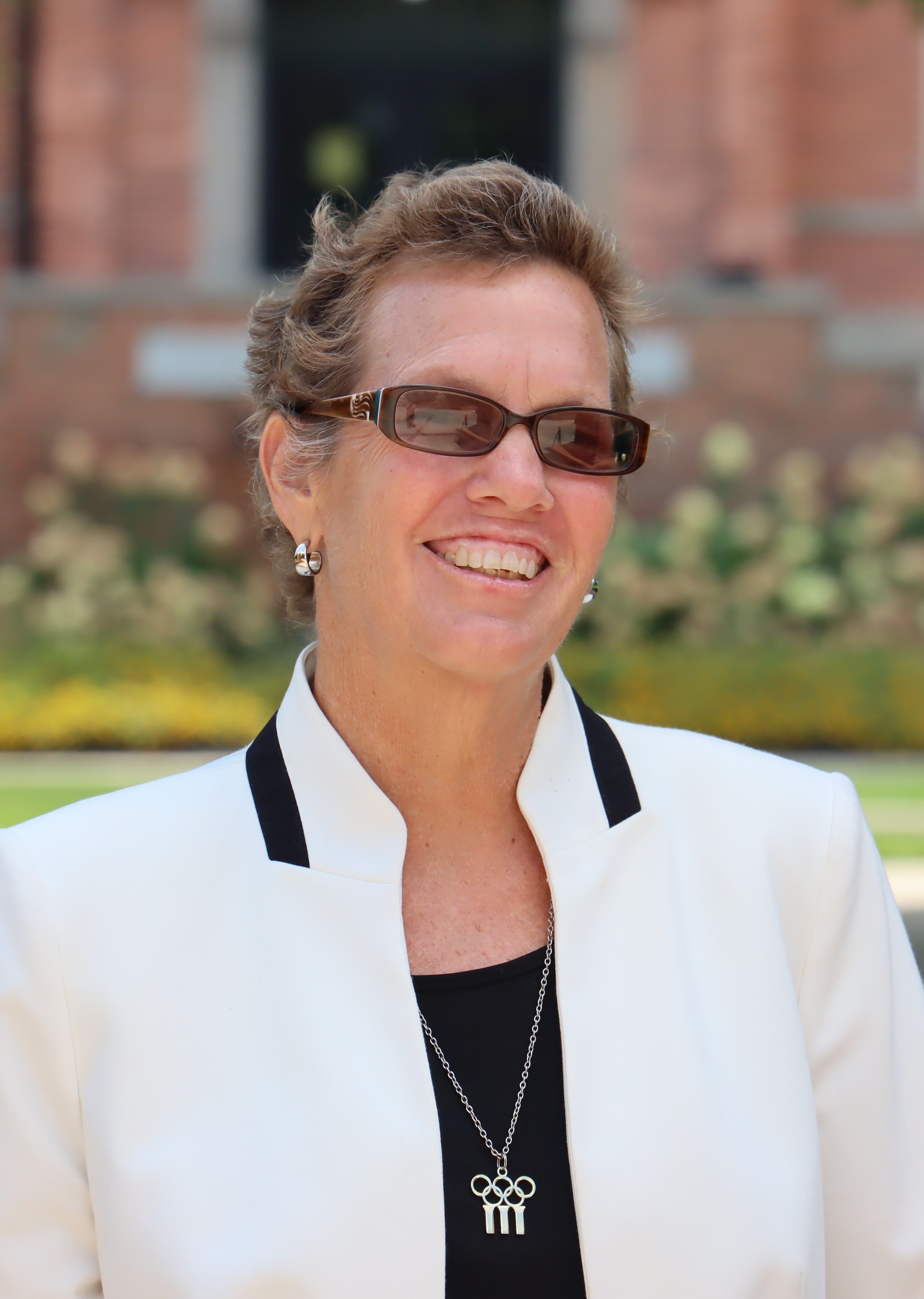
Event rights holders and organizers have a unique opportunity to expand their market reach through educational programs and partnerships. A prime example of leveraging education to create awareness is the assortment of creative programs developed and executed by the Organizing Committee to be used during the 2026 Milano Cortina Winter Olympics and Paralympics in Italy.
The Games’ website indicates that more than 500,000 students (about half the population of Montana or South Dakota) and 1,500 educators are involved in projects throughout a minimum of 1,200 schools and youth clubs in Italy.
With the strategic initiative of partnering with schools, businesses and government organizations, the Organizing Committee for 2026 Milano Cortina has been able to use education as a tool to share its Olympic vision with the masses. Three primary programs include education days, a Winter Games Week and a work preview program. Event organizers of all sizes can adopt similar strategies to enhance their market presence and engage a wider audience.

Education Days
Education days are small programs that can be scheduled at a school any time of the year. The 2026 Milano Cortina Games use education days to teach the Olympic core values (friendship, respect, excellence) or to introduce a new sport. Specifically, they have created education toolkits based on grades that schools can implement in classes.
Athletes, coaches, trainers or other professionals may serve as guest speakers as part of a more formal workshop, clinic or assembly. School administrators may assign a champion to coordinate activities and solicit assistance from ready-made educational materials such as the Milano Cortina toolkits.
The International Olympic Committee (IOC) provides various web-based teaching resources created in collaboration with the Olympic Museum in the form of quizzes, activity booklets, pictograms, information sheets, and videos. These or any type of resource can be integrated into a curriculum for the day. Education Days, however designed, allow students to connect education with community programs or a special event which increases the motivation for persisting and excelling in school activities.

Winter Games Week
The Winter Games Week is merely education days on steroids.Themed activities are integrated into school activities for five consecutive days during which tailored programming is available to students, teachers and any other participants. The range of activities that can take place during a themed week is confined only to the imagination and creativity of a planning committee. A key element for hosting a week of themed events in an educational setting is to create partnerships that can assist with or provide funding, material resources, supervision, support activities and other services.
The Italian Ministry of Education and Merit was a prime driver of the first Milano Cortina Winter Games Week in February 2024 which attracted 231,125 students in 720 schools. An entire week dedicated to educational programming promoting the Olympic Values and the 2026 Winter Games was celebrated simultaneously by elementary and secondary schools throughout the country in cooperation with the Italian National Olympic Committee and the Italian Paralympic Committee.
A portion of the curriculum was dedicated to Italy’s Gen26 Education Program, which aims to promote the theme of inclusivity and sport for all. When schools registered to participate, they received advice for organizing programs and prepared educational toolkits to use in classes.
Work Preview Programs
The work preview program connects students to professional schools. Milano Cortina 2026 collaborated with the Italian national school-work-program, which features an orientation and paths for cross-cutting skills in various careers. Specifically, students are introduced to careers in international sports such as working with national and continental sports federations or governing bodies.
The Milano Cortina 2026 Work Preview Program is driven by designated volunteer experiences and is particularly aimed at engaging youth and college students. Students are placed in volunteer roles and internship experiences at professional sports venues and international events to gain insight into the operations and logistical aspects of organizing sports.
Crafting Educational Programs
There are numerous benefits for an organizing committee or events right holder to craft their own education programs targeting any age group. In addition to the general promotional benefits of expanding an audience base for marketing an event, organizers can foster loyalty and affinity when engaging others in educational activities.
Educational programs can also open additional revenue streams (e.g., selling tickets for a fundraising carnival or a donor dinner) and enhance the brand reputation of the event. Perhaps the most strategic benefit is the opportunity to engage in networking and collaborate on programs that could lead to strategic partners and sponsorship revenue. Nurturing connections and strengthening community and industry relationships through education are valuable assets of these programs.
It is not necessary to reinvent the wheel when trying to create an educational program tied to a major event. Education days offer a wide latitude of possible activities and programs that would align with the primary event. There are seven steps an individual should follow when creating an educational program.
1. Define the Goal and Vision
2. Conduct Research
3. Develop Content (Curriculum) and Delivery
4. Design a Marketing and Communication Plan
5. Secure Resources
6. Create and Implement a Schedule of Deliverables
7. Evaluate and Maintain Records
A starting point for developing an educational program is to have a vision and identify objectives for the program. The vision and goals should connect to the primary event and identify target audiences. Shortly after general goals and vision have been defined, research is necessary.
Analyzing proven programs can provide valuable insights into adapting activities that would work best in a particular setting. A cursory review of the internet provides numerous resources and examples of educational and cultural programs executed by host cities. Interviews should be conducted with others who have executed similar endeavors.
Educational programs offer boundless possibilities. During the planning stages, key decisions include determining the content to be delivered, choosing the format (web-based or live) and establishing the schedule. Securing resources is a priority.
A well-crafted marketing and communication plan is essential for promoting the schedule and engaging audiences. Ongoing reflection is crucial for continuous improvement, ensuring that educational opportunities are optimized for both small and large-scale events. SDM

